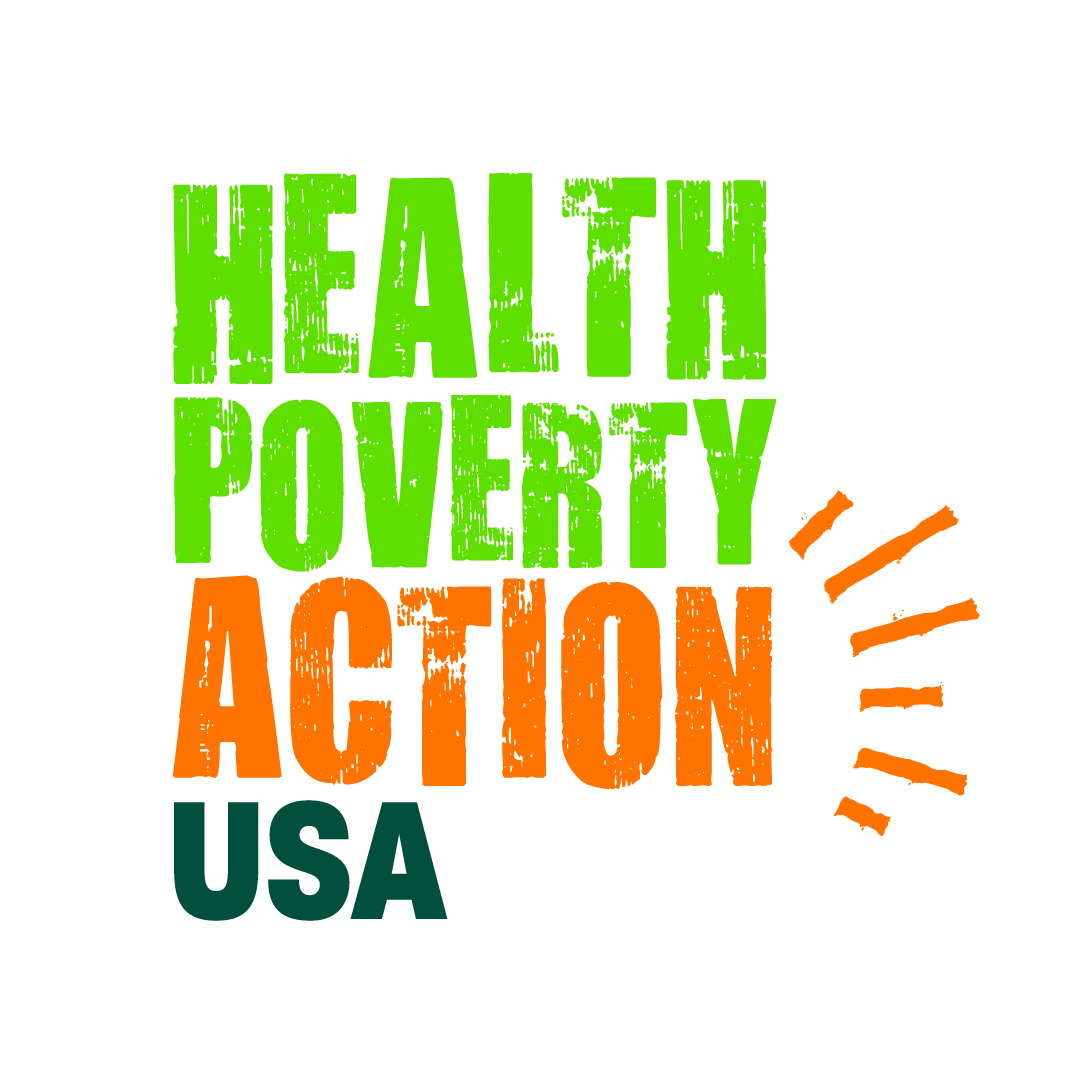Whilst there are many causes of poverty, Health Poverty Action campaigns on one of the most overlooked: drug policy reform.
Imagine being a small, subsistence farmer with your crops the only source of your family’s income. How would it feel to watch your crops – your family’s only security – be destroyed in minutes, by a government eradication programme? The loss of income pushes your family further into poverty, making it harder for them to access healthcare or buy food.
Imagine watching a member of your family die of a painful, drawn-out illness such as cancer, with no access to pain relief, or having your child killed at the hands of one of the many criminal gangs operating in your area.
For many people, they don’t have to imagine. This is the reality of the dominant approach to drug policy, the so-called ‘war on drugs’.
This approach focuses on prohibition and enforcement of illicit drugs and is driving poverty inequality and poor health across the world.
Its origins
The stated intention of ‘war on drugs’ conceived in the 1970s by President Nixon, was to reduce the supply of illicit drugs through prohibition, enforced by heavy-handed – often militarised – law enforcement. It hasn’t worked. People still grow, produce and use drugs all around the world. Yet we know this was never its intention. It was not a war on substances at all but deliberately concocted to oppress black people and the anti-war movement.
As John Ehrlichman, an advisor to Nixon, told journalist Dan Baum in 1994 “We knew we couldn’t make it illegal to be either against the war or black, but by getting the public to associate the hippies with marijuana and blacks with heroin, and then criminalising both heavily, we could disrupt those communities.”
In this, it has succeeded. Dominant drug policy criminalises the already marginalised and creates a cycle of poverty and vulnerability for the poorest communities throughout the world. It fuels poverty, poor health, environmental degradation and deforestation, corruption and violence. All of this is felt particularly acutely by women and marginalised communities.
Whilst we are told that governments want to end poverty, stop corruption and ensure access to healthcare, the so called ‘war on drugs’ directly undermines these efforts.
Watch our animation exploring how global drug policies affect ordinary people around the world:
Despite its devastating impacts, drug policy is typically overlooked in conversations about global poverty and inequality. This must change. From tax and debt to trade and climate change. If we are serious about addressing poverty and poor health we cannot shy away from addressing complex and controversial issues. Drug policy cannot be ignored if NGOs are serious about dealing with the root causes of poverty, not just the symptoms.
Building a new drug policy architecture
Fortunately, things are changing. World leaders like Kofi Annan, the former Archbishop of Canterbury, Rowan Williams, and the UN have all brought forward alternatives to the ‘war on drugs’. Now, countries around the world from Canada, to Uruguay, Portugal, Bolivia and many US states are beginning to dismantle it piece by piece and replace it with policies that promote public health.

The collapse of ‘war on drugs’ is good news for people and communities around the world, providing us with the opportunity to build a new approach to drugs that prioritises, promotes and protects human health and well-being. This shift, from a criminal justice approach to health-based policy making, is essential if we want to take drug policy into the 21st century.

